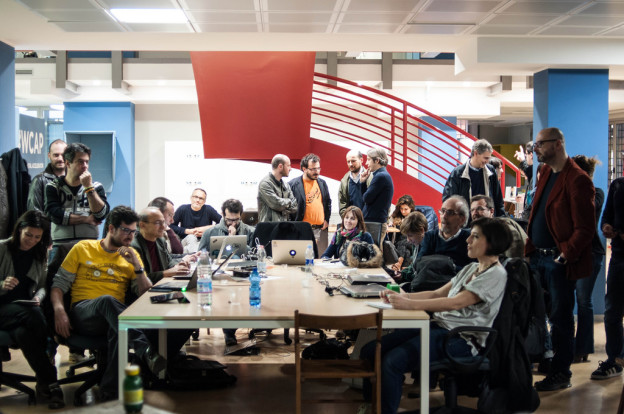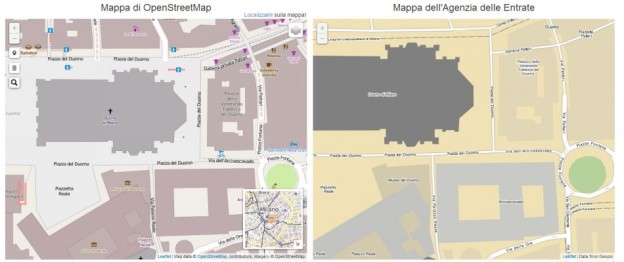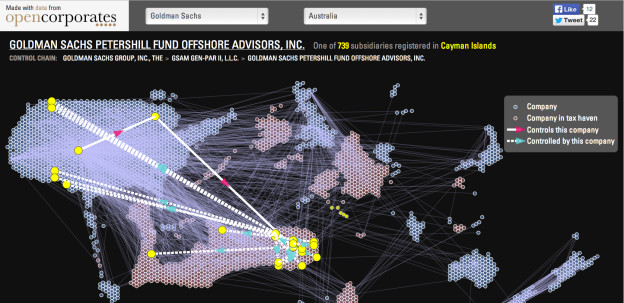On July 17th 2014, addressing the Open Knowledge Fest crowd in Berlin, EU Commissioner Neelie Kroes made the following statement:
We want to work with you, and see you work together across borders and languages. We have set up Erasmus for Open Data to support this. Starting with an event in Nantes, France, in September. But if you have an idea for what more we could do – then let us know! – source
I normally don’t pay too much attention to announcements, but hey: this was fast. To the best of my knowledge, the idea of an Erasmus for open data did not even exist before April this year. For a concept to go from first-time appearance in a private blog to candidate policy of the first economy in the world in three months is unprecedented. Just what is going on?
A short recap:
- Back in April, in the wake of the Spaghetti Open Data gathering, I wrote a post that argued for a proposal for an Erasmus-like program for open data. The idea was to build those all-important horizontal ties that can connect today’s open data communities, largely national, into a European-level one. The post sparked a small debate with some of my fellow activists in other European countries, notably some that are or have been involved with EPSI (the European initiative on public sector information), like Ton Zijlstra in the Netherlands and Martìn Alvarez in Spain.
- In early July I got an email from French NGO LiberTIC: they have gotten the city of Nantes to get behind a conference seen as the launchpad of a future Erasmus Open Data initiative. EPSI platform is fully involved. The European Commission is going to show up, probably represented by EPSI platform’s project officer. To show they mean business, LiberTIC have even allocated a small budget for funding at least some data geeks to fly to Nantes. With the usual generosity, Spaghetti Open Data are rising up to the challenge – Italy will be well represented in Nantes, I can promise you that.
- Now, the Commissioner has joined the front line. That she even knows about this means somebody in DG CNECT (the EPSI team?) must have done a really good job of getting the idea up through the hierarchy.
We might get our Erasmus for open data. Or not. Whatever the outcome, one thing is clear to me: if a random guy like me can spawn an idea on his personal blog in April and hear a European Commissioner throwing her full support behind it in July, it means the open data community is setting the agenda. We are on the ground, we are doing interesting things with data, and everybody acknowledges that. We are talking to government agencies who are supposed to set the standards and write the guidelines, and at times doing quite a bit of the work for them – and who else can those guys talk to? We can mobilize quickly and effectively – just look at how LiberTIC threw together an international conference in two months. And everyone knows you just can’t do open data without a strong open data grassroots community.
So Europe is listening; and the signs are there that the Italian state, amidst the usual drama, handwaving and short-termism, is listening too. It would be a shame to waste this opportunity to build some data-powered transparency and knowledge sharing into our societies. But I think the community is ready, and the opportunity will not be wasted.
Meanwhile, Ms. Kroes, thanks for your support. There is a small factual mistake in that part of your speech (“we have set up…”): Erasmus open data, as of now, is a community initiative, not a EU one. No big deal; we are not territorial, now the idea is out for everyone to improve on. You are welcome to Nantes, just like any other data geek, within or without your official capacity. If you come as a private person, drop us a line: there will be code to write, and datasets to cleanup, and pizza and war stories about data to trade. We’ll sit down together and scrape some EU website. It will be fun.


